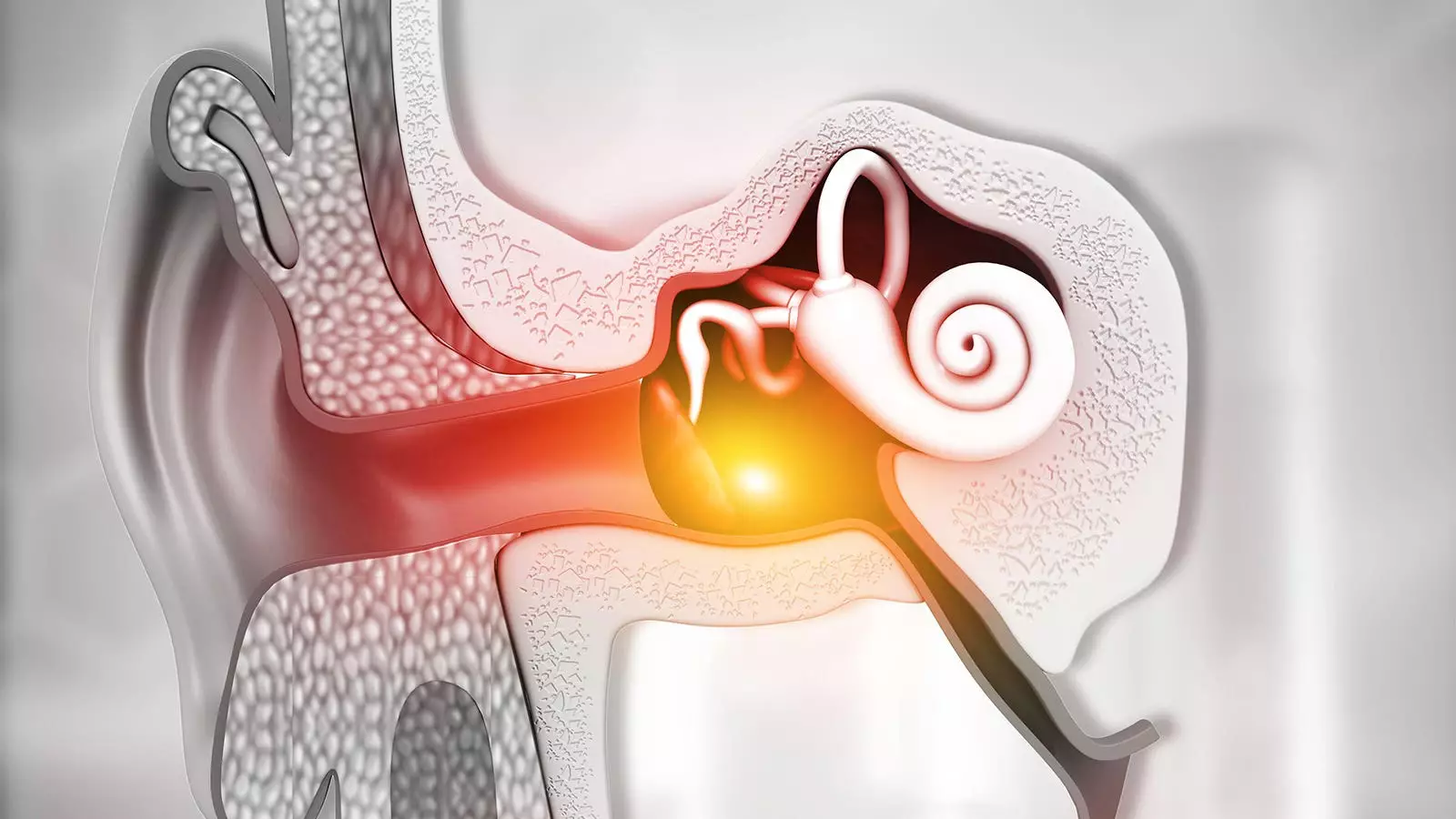Recent studies have drawn a compelling connection between hearing loss and an increased risk of developing Parkinson’s disease, shedding light on an relationship that could have significant implications for public health strategies. The findings arise from a robust analysis of medical records spanning over 3.6 million U.S. military veterans, revealing that even mild hearing impairment is linked to higher incidences of Parkinson’s. This study’s insights suggest that addressing hearing issues might be crucial not just for auditory health but for wider neurological well-being.
The study, led by Dr. Lee Neilson from Oregon Health & Science University, highlights how hearing loss correlates with Parkinson’s disease in a dose-dependent manner. In simple terms, as the severity of hearing loss escalates, the risk of subsequent Parkinson’s disease diagnoses increases correspondingly. The analysis examined health records of veterans who underwent audiometric tests between 1999 and 2022. The results demonstrated that patients with varying degrees of hearing loss exhibited markedly different rates of Parkinson’s incidence over time.
Specifically, the results indicated that those with mild hearing impairment had 6.1 additional cases of Parkinson’s disease after ten years compared to their counterparts with normal hearing. This figure becomes even more startling with severe cases, where patients with severe-to-profound hearing loss exhibited a notable 12.1 additional cases.
Throughout the study’s average follow-up period of 7.6 years, it became evident that interventions, particularly the use of hearing aids within two years following a diagnosis of hearing loss, significantly mitigated this risk. Remarkably, the provision of hearing aids decreased the incidence of Parkinson’s by 21.6 cases over the same ten-year period.
The implications of these findings cannot be overstated. Parkinson’s disease, known for its progressive nature without a current cure, demonstrates that early detection and intervention may hold the key to reducing its onset among high-risk individuals. Dr. Neilson emphasizes that a critical barrier in Parkinson’s disease management lies in the timeliness of interventions; often, patients are not diagnosed until the disease has advanced considerably.
Moreover, the recent ACHIEVE trial, which established that hearing aids could slow dementia progression, fortifies the claim that hearing impairment is not merely an isolated issue but could be indicative of broader neurodegenerative processes. This connection underscores the necessity for regular screening for hearing loss, especially in older populations, to enhance opportunities for early treatment and risk mitigation.
Despite the groundbreaking revelations of this study, the researchers acknowledge several limitations. The sample population primarily consisted of U.S. military veterans, predominantly male and white, which may restrict the generalizability of the findings to the broader population. Additionally, other potential risk factors, including exposure to ototoxic drugs, were not considered, which could confound the results.
Crucially, while a link between hearing loss and Parkinson’s disease has been established, the exact mechanisms behind this relationship remain elusive. It is imperative that future research endeavors focus on understanding how hearing loss contributes to neurodegeneration and how auditory interventions may influence these precursor mechanisms.
In light of these findings, there is a strong case for developing public health initiatives aimed at early detection and management of hearing loss. The study suggests screening for hearing impairment as a feasible and potentially life-changing strategy in the aim to prevent or delay the onset of Parkinson’s disease.
While the pathophysiological connection between hearing loss and Parkinson’s disease warrants further exploration, the evidence presented compels healthcare professionals to reconsider how auditory health can impact neurological outcomes. Early intervention through hearing aids could prove to be a pivotal approach to lowering Parkinson’s disease risk. As research in this domain continues to unfold, integrating auditory health into preventive strategies could usher in a new era of proactive neurological care.



Leave a Reply